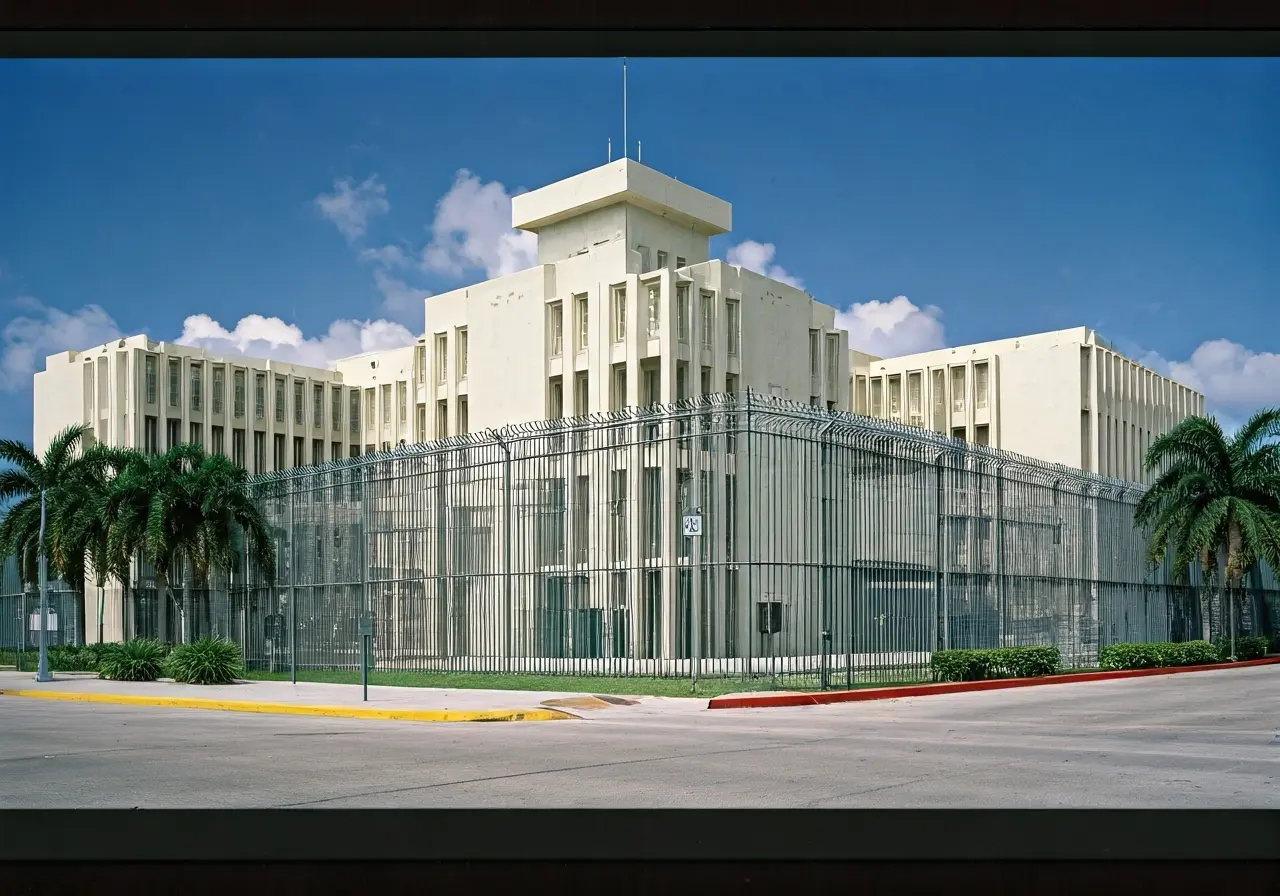What Should You Know About the Miami Dade County Detention Center?
Navigating the details about any detention center can be challenging, especially if you are looking to understand how they operate and affect the community. This FAQ will cover essential information about the Miami Dade County Detention Center, answering the most common questions you might have.
What Is the Miami Dade County Detention Center?
The Miami Dade County Detention Center is a crucial part of the criminal justice system in the Miami area. It serves as a holding facility for individuals who are awaiting trial or sentencing, offering a secure environment for detainees. The detention center is designed to temporarily house individuals, which may include those charged with crimes but who have not yet been convicted.
This facility not only ensures the safety of the public by holding those accused of crimes but also plays an essential role in the legal process. It allows for the proper administration of justice by ensuring that defendants appear in court when required. Understanding this aspect helps demystify the function of detention centers within the broader framework of law enforcement.
How Does It Operate?
Operational efficiency is key to the Miami Dade County Detention Center. The facility is staffed by trained law enforcement officers who oversee everyday operations, ensuring security and order are maintained. This includes everything from managing day-to-day detainee activities to coordinating legal processes for upcoming trials.
The facility is also equipped with advanced security systems to monitor the premises continuously. This ensures both the safety of the detainees and the staff, creating a controlled environment where rules are enforced strictly to minimize any potential incidents.
What Are the Rights of Detainees?
Understanding the rights of detainees is fundamental to ensuring just treatment within the facility. Detainees are entitled to a fair trial, which means they have the right to legal representation and an opportunity to defend themselves in court. They are also protected by laws that ensure humane treatment during their stay at the detention center.
Moreover, detainees must have access to basic necessities such as food, healthcare, and exercise opportunities. The legal framework surrounding detainees' rights is designed to promote fair treatment while balancing the needs of security and public safety.
How Can Families Get Information?
Families of detainees might find themselves in a difficult position when searching for information. Thankfully, the detention center has set up systems to aid them. By visiting the facility’s official website or calling their helpline, families can receive updates on a detainee's status. It’s important to have the full name and booking number of the detainee handy for quicker assistance.
In addition, many families have found it helpful to stay informed through regularly updated resources and support groups that focus on navigating the complexities of dealing with detention centers. This communal knowledge helps maintain connections and ensures that families can cope with the situation better.
What Impact Does It Have on the Community?
The existence of the Miami Dade County Detention Center has a significant impact on the local community. Economically, it provides numerous jobs, thereby supporting the livelihoods of many families. However, it's not just about jobs. The center plays a vital role in maintaining public safety by ensuring those accused of crimes are kept off the streets until a fair trial can be conducted.
Community relations are also affected, as the perception of detention centers can vary among residents. It's important for the facility to communicate effectively with the public to foster trust and transparency. Additionally, understanding the center's role helps the community better appreciate the balance between safety and justice in their neighborhood.
Final Thoughts on the Miami Dade County Detention Center
Understanding the Miami Dade County Detention Center is crucial for anyone directly or indirectly involved. By grasping its purpose, functions, and the rights of those detained, you'll gain insight into its role within the community. For comprehensive assistance, feel free to reach out and explore more about our services by visiting our homepage.

